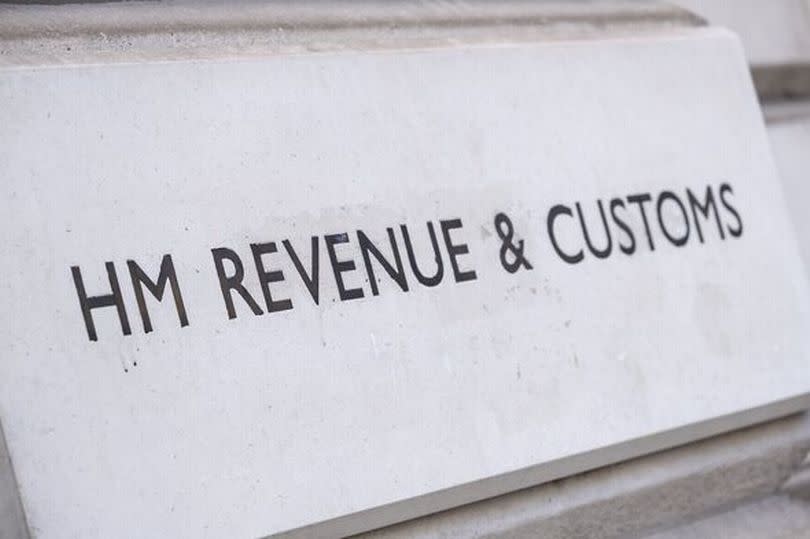Private pension holders in the UK can save on tax with 'backdate' loophole

Individuals enrolled in private pension schemes, such as employer-contributed workplace pensions, have been alerted to a clever 'backdate' manoeuvre that could significantly reduce their tax bill.
A perfectly legitimate tax loophole enables you to decrease the amount of tax paid in a particular year by utilising a strategy which 'backdates' your pensions annual allowance.
There's an upper limit each year on the contributions you can make to your workplace pension, known as the pensions annual more than that will face taxation at your own income tax level. Given that contributions over £60,000 attract tax, higher-rate taxpayers could lose up to 40 or even 45 percent of the excess amount to HMRC.
Read more:
However, it's possible to carry forward unused allowances from the last three tax years during your self assessment tax return process and if this is your first time claiming it, you can go back four years.
This opportunity is particularly advantageous for those whose earnings have increased suddenly or if they've received a one-time financial boost, like an inheritance, and choose to funnel some into their pension fund, reports the Express.
By allocating some personal allowance from previous years, you stand to save substantially on what might have been lost to taxes on your pension contributions.
According to Gov.uk: "An annual allowance limits the amount someone can pay into pension schemes each year before they must pay tax. It is £60,000 in 2024/25."
"A person cannot usually receive tax relief on pension contributions worth more than 100% of their annual earnings. However, people can still contribute £3,600 a year into a pension with tax relief even if they earn less than this."
"You'll get a statement from your pension provider telling you if you go above the annual allowance in their scheme. If you're in more than one pension scheme, ask each pension provider for statements."
"You might be able to carry over any annual allowance you did not use from the previous 3 tax years."

 Yahoo News
Yahoo News 
